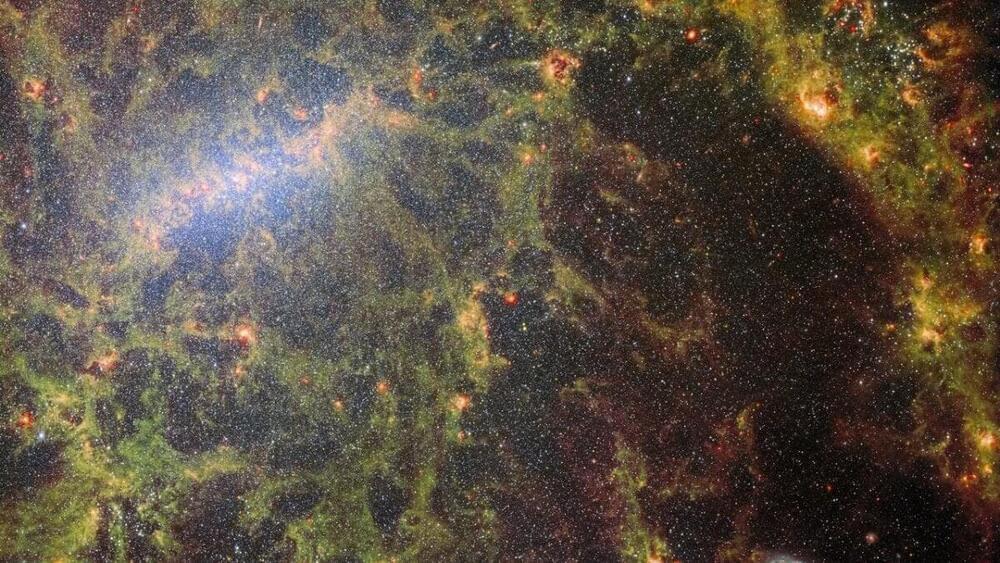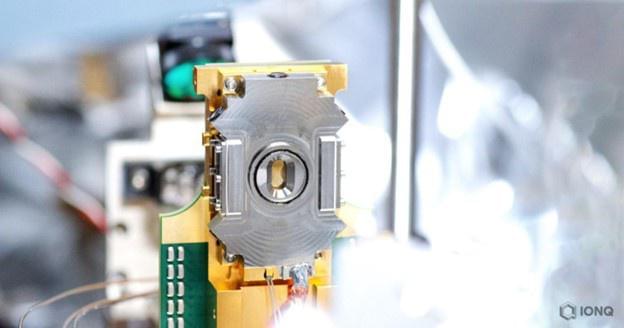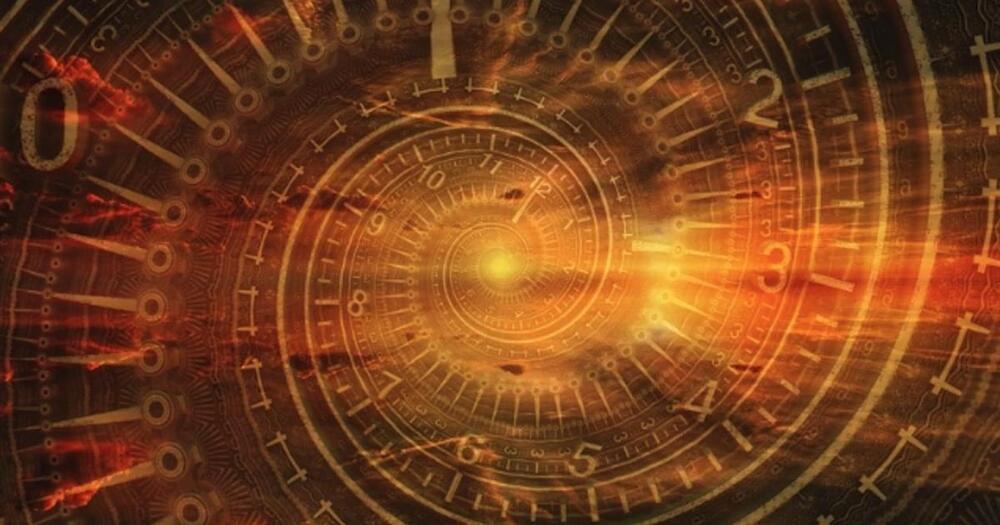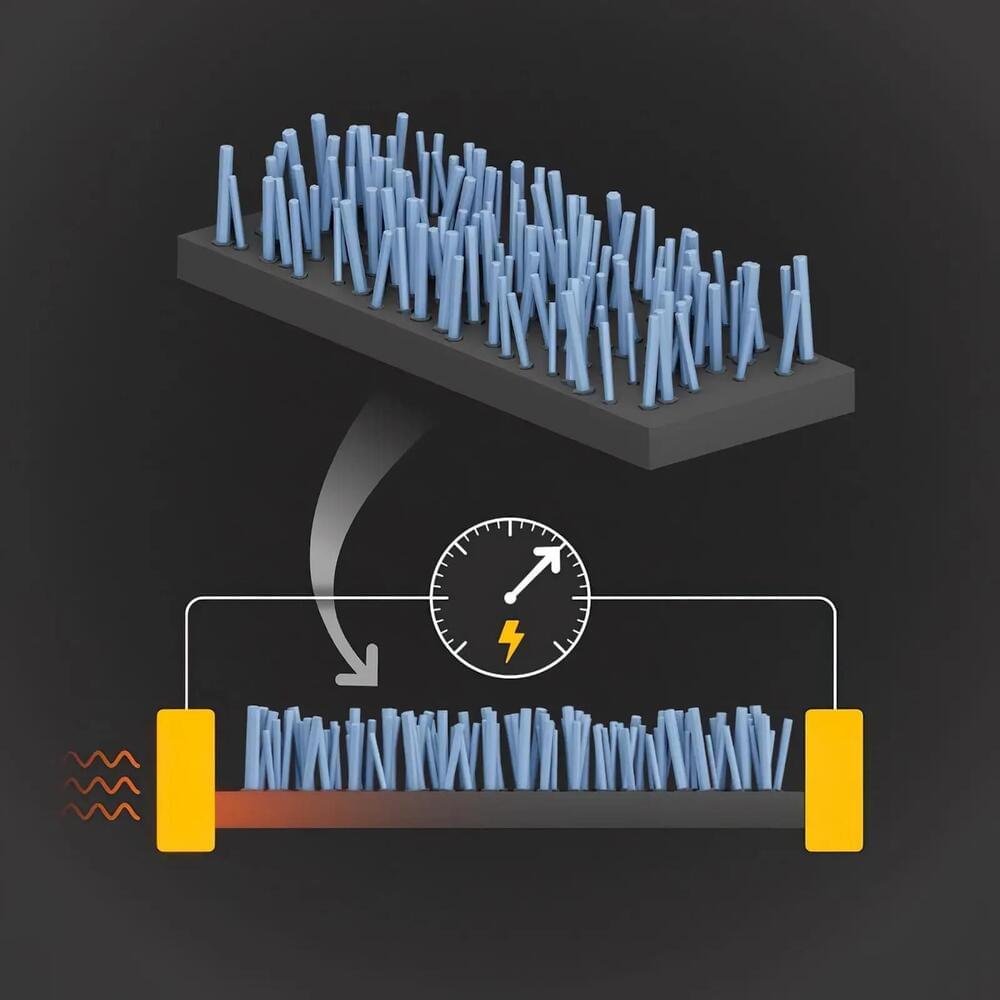
The James Webb Space Telescope is so powerful that it can vividly see stars in a galaxy 17 million light-years away.
Astronomers pointed the most advanced space observatory ever built at the galaxy NGC 5,068, peering deep into its starry core. The greater goal is to better grasp how stars, like our energy-providing sun, form and evolve in galaxies. Crucially, Webb views a type of light that’s invisible to the naked eye, called infrared light. These long infrared light waves pierce through thick clouds of cosmic dust and gas, allowing us unprecedented views into galactic hearts.
“With its ability to peer through the gas and dust enshrouding newborn stars, Webb is the perfect telescope to explore the processes governing star formation,” the European Space Agency, which collaborates on the telescope with NASA and the Canadian Space Agency, wrote. Solar systems born enveloped in cosmic dust simply can’t be seen with visible light telescopes like Hubble, the space agency said.


















